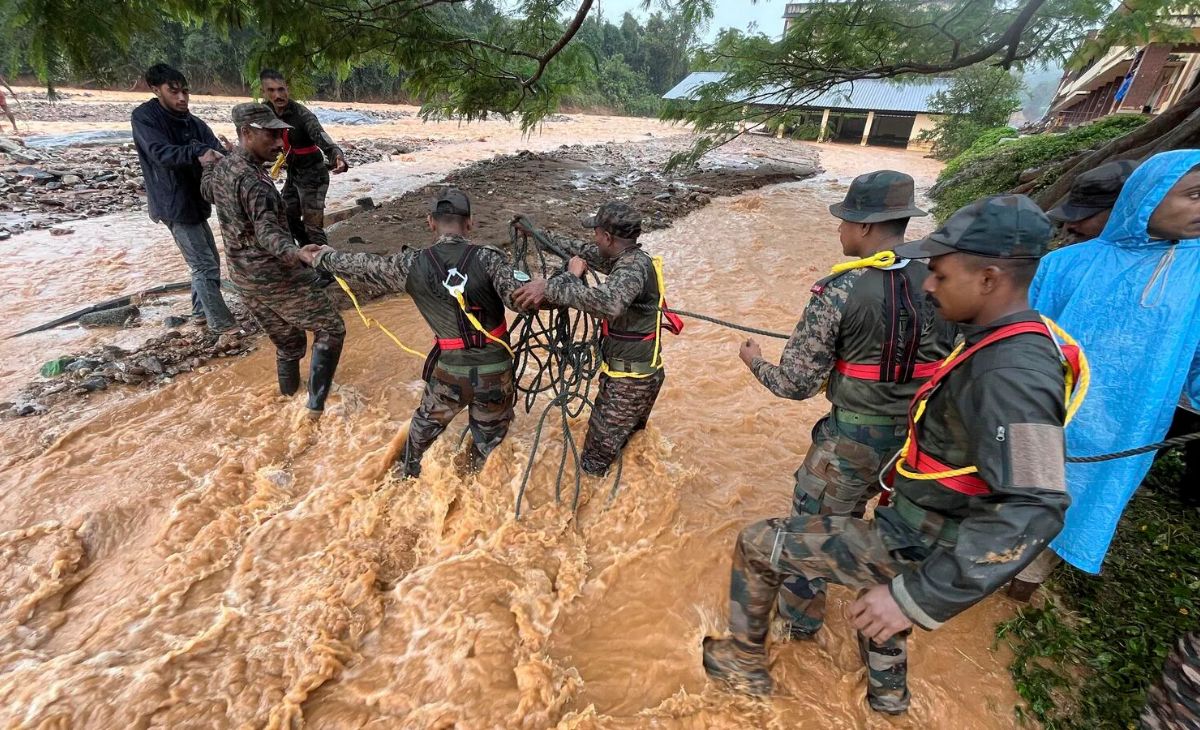The devastating landslides in Kerala’s Wayanad district, resulting in at least 84 deaths and many injuries, emphasize the urgent need for detailed hazard mapping and proactive disaster management. The landslides, exacerbated by heavy rainfall and human activities, underline the importance of relocating people from vulnerable areas and implementing sustainable land use practices to prevent future tragedies.
5 Major Key Points:
- Devastating Impact: The landslides in Wayanad district have resulted in at least 84 deaths and numerous injuries, highlighting the severity of the disaster.
- Need for Micro-Level Mapping: Immediate micro-level mapping of landslide hazard zones is crucial for effective disaster preparedness and response throughout Kerala.
- Human Activities and Natural Factors: Factors such as heavy rainfall, deforestation, quarrying, and unsustainable land use practices significantly contribute to landslides.
- Importance of Rehabilitation: Relocating and rehabilitating residents from high-risk areas is essential to prevent further loss of life, as emphasized by environmental experts and previous reports.
- Urgent Policy Implementation: Establishing clear land management regulations and long-term measures to mitigate the impact of landslides and floods is imperative for protecting vulnerable populations.




